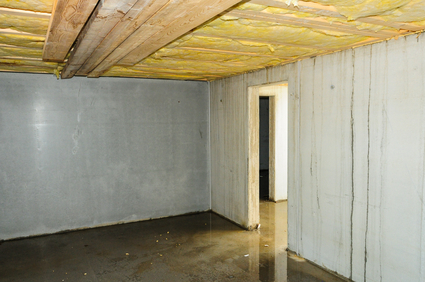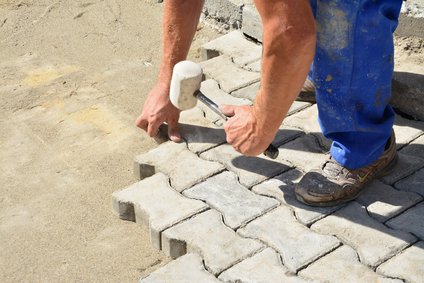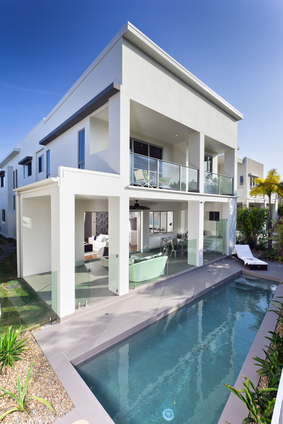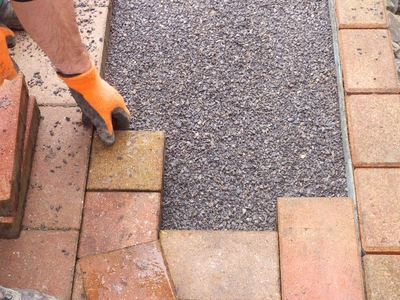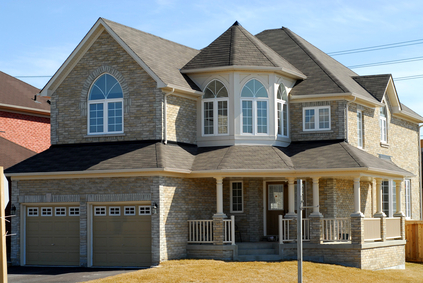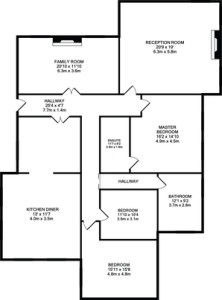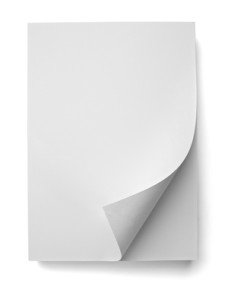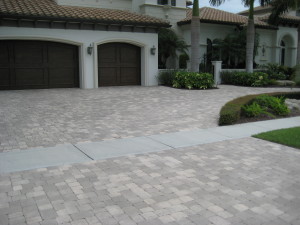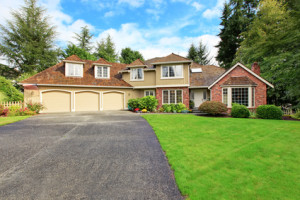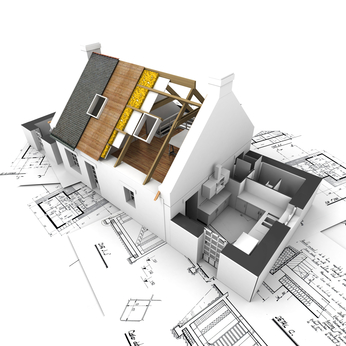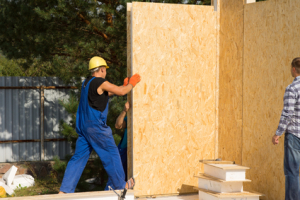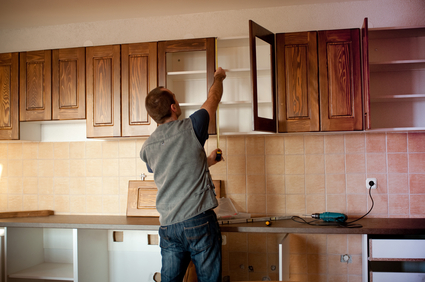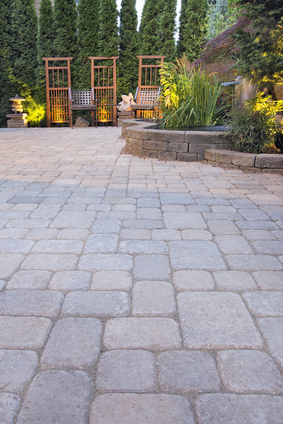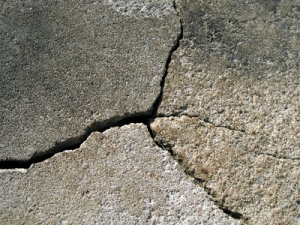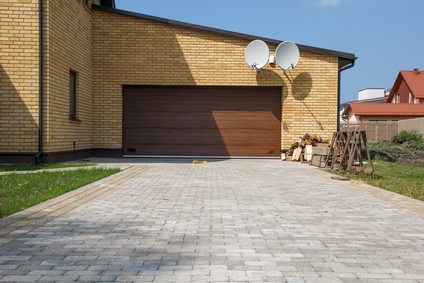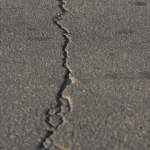There are few things in life more nerve-wracking than a wet basement. By “wet,” we don’t necessarily mean a basement that has flooded. That would be stressful enough, yet easy to fix with a wet vacuum. Rather, wet means damp — just wet enough to cause odors and mold, yet not enough to easily fix with everyday appliances.
Why Basements Get Wet in Florida
Wet basements are fairly common in Florida. While in other places they may be caused by the melting of wet snow, in Florida they are due to the pervasive rain and humidity. If the basement of your South Florida home is wet, one of two culprits is usually to blame: condensation or runoff.
Condensation
The Problem
It’s easy to see how condensation may lead to wet basements (especially in Florida), where the air is particularly humid. Condensation is the opposite of evaporation (liquid turning into vapor due to heat). Moist air leaks from the warm outdoors into the cool indoors whose walls and pipes lack sufficient insulation. It turns from vapor into liquid again, manifesting as puddles or droplets on the floor.
The Solution
A basement that is wet from condensation must be dealt with immediately to prevent mold, mildew, rust, and a whole host of other problems. The first thing you should do is open any windows and turn all the fans on in the basement. For problems of a larger scale, you may even want to invest in a dehumidifier.
The key to avoiding condensation is maintaining a balanced temperature between the indoors and outdoors. As stated above, a major cause is lack of insulation, so make sure to have your local home maintenance service perform an installation.
Runoff
The Problem
Being the state that rarely stops raining, it is no surprise that Florida is also home to many a wet basement caused by runoff. Many may wonder, “But isn’t that what downspouts are for?” The answer is yes, that is exactly what gutters and spouts are for. However, they have to be in good shape in order to effectively divert rain runoff from your home and your basement.
The Solution
- Make sure your downspout isn’t clogged, as the overflow can easily send water leaking into your basement.
- As mentioned in our post about installing interlocking paver stones, effective runoff requires a slope of at least 1 vertical inch for every 1 foot away from your house. Grab a measuring tape and make sure your slope is consistent with these measurements.
- It may be the case that your wet basement’s foundation is leaking. Check your local hardware store to see which caulk would be most effective for patching it up, given its material and the size of any cracks in it.

